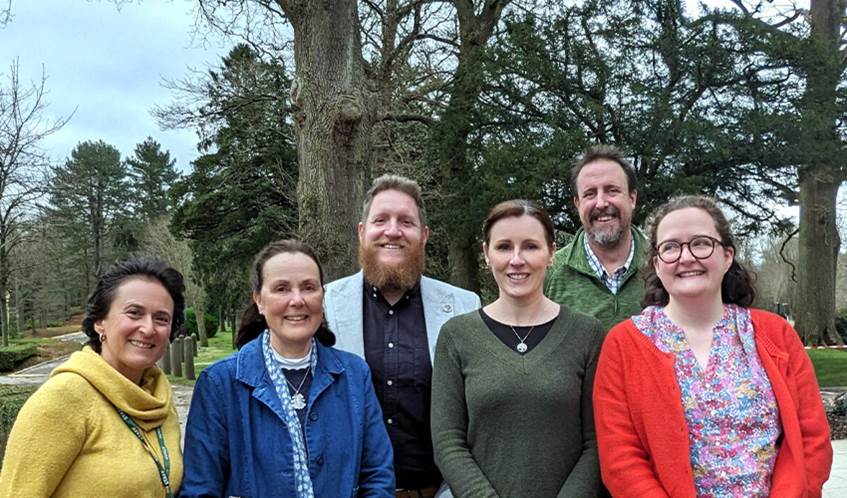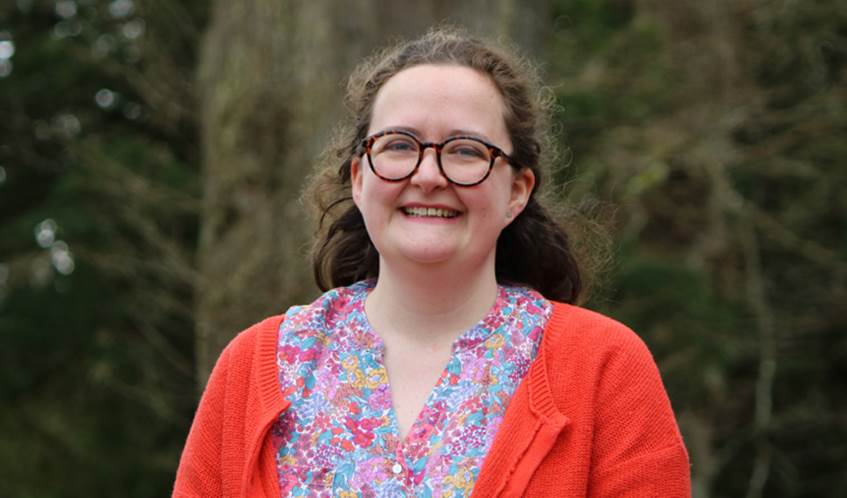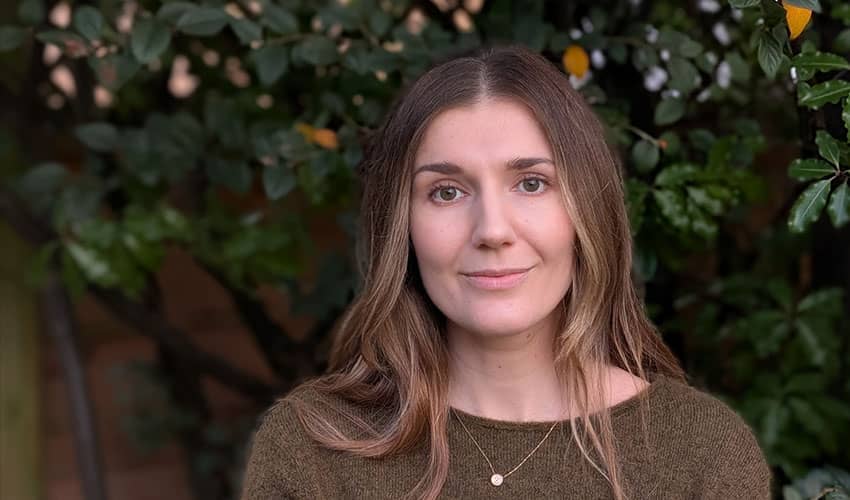UWE Bristol announces partnership PhD with Woodland Heritage

UWE Bristol has announced a Partnership PhD with Woodland Heritage and Forest Research to research the effects of management practices on Acute Oak Decline (AOD) and the rhizosphere microbiome of parkland oak trees.
Through its pioneering new woodland in Somerset, research funding and educational courses, Woodland Heritage is helping create a UK that’s more self-sufficient in timber grown in healthy, well-managed woodlands which benefit people and wildlife.
Acute Oak Decline (AOD) is a serious emerging disease that affects native oak trees in the UK, and there are increasing reports of this decline disease in Temperate and Mediterranean Europe as well as the Middle East. The disease mostly affects trees older than 50 years and is often most severe on trees in their prime (80 – 200 years) but can also occur on young as well as ancient trees.
Management practices related to decompaction and soil aeration, organic matter incorporation and nutrient balancing could be meaningfully applied in certain systems such as parkland oak. Forest Research has a range of long-term monitored oak sites, with good baseline data sets for a number of parkland sites, which is where field trials will take place to deliver significant, evidence-based management advice.
The intended outcome of this project will be to determine if parkland oak health can be improved by natural soil amelioration and to ascertain whether there is a shift in the rhizosphere microbiome as a result of soil treatment. The project will also aim to formally classify any novel bacterial species isolated to further improve understanding of the biology of AOD and oak root health, which will provide information that will be useful to foresters, landowners and stakeholders in their management decisions of parkland oak.

The PhD is jointly funded by UWE Bristol and Woodland Heritage; the successful candidate is Alice Dibley, from Stroud. She said: “I am thrilled to have been selected to undertake this vital research into AOD and I can’t wait to get stuck in. I am also looking forward to working with Forest Research and Woodland Heritage as there is so much for me to learn from these experts.”
UWE Bristol has a long partnership with the Woodland Heritage, who have previously supported AOD research by post-graduate researchers, both research fellows and PhD students.
UWE Bristol senior lecturer Dr Carrie Brady said: “We are so pleased to be able to continue our relationship with Woodland Heritage through the funding of this new PhD project. Over the last decade, UWE Bristol and Forest Research, with the support of Woodland Heritage, have produced some impressive research that has contributed to our understanding of the bacterial microbiome in AOD-affected oak, and we thank them for their continued support of post-graduate research.”
John Orchard, chief executive of Woodland Heritage, added: “The charity’s supporters will be so glad to see the outcome of this vital research and I’m very grateful to our partners. We all rely on oak for so much, don’t we? Biodiversity, carbon capture, landscape and landmarks, soil health, picnics and of course buildings and furniture. It’s really a part of our national story. We must take action to ensure this precious tree is protected.”
Dr Sandra Denman, Principal Pathologist at Forest Research, commented “It is a real privilege to lead and train another young tree health scientist, who will focus on investigating the effects of natural soil amelioration treatments on the oak tree’s ability to help itself against the debilitating disease, Acute Oak Decline. It has taken 15 years of multi-disciplinary research to be able to know where to target practical, feasible and affordable management applications that have the best chance of delivering meaningful results. We thank Woodland Heritage sincerely for their steadfast trust and investment in us over all these years.”
Related news

16 February 2026
UWE Bristol researchers awarded grant to explore impact of asset recovery on offenders
UWE Bristol academics have been awarded funding to explore of the impact of asset recovery on deterring offender behaviour and disrupting crime networks.

10 February 2026
Work by UWE Bristol lecturer features in Government’s National Cancer Plan
Work by a UWE Bristol academic has been included in the Government’s National Cancer Plan.

23 January 2026
On-demand minibus services beneficial in rural areas but face financial challenges, trials suggest
Trials of ‘demand responsive transport’ minibus services boosted connectivity for people in rural and suburban areas, according to a new report produced by UWE Bristol researchers.

18 December 2025
UWE Bristol professor appointed National Institute for Health and Care Excellence CEO
Jonathan Benger CBE, Professor of Emergency Care at UWE Bristol, has been appointed as the new chief executive officer of the National Institute for Health and Care Excellence (NICE).

17 December 2025
Findings revealed from first UK study into experiences of mothers who are survivors of rape pregnancy
UWE Bristol academics have revealed the findings of the first UK-based study of the experiences of mothers who are survivors of rape pregnancy.

11 December 2025
Social media influencer work is far more demanding than it looks, research finds
A study exploring the mental health impacts of social media influencer work has revealed that life online is far more demanding than it appears.

25 November 2025
UWE Bristol experts join film Q&A exploring music and melodrama
Academics will take part in the Cary Comes Home Festival, with a post-screening Q&A exploring music, melodrama and emotional storytelling in classic cinema.

17 November 2025
Urgent reform needed to support ambulance-delivered end of life care, study finds
More than three quarters (78 per cent) of paramedics sometimes fear doing the wrong thing when caring for people in the last year of life, new research has found.

13 November 2025
Bristol’s screen industry experiences “boom-and-bust cycle” after post-pandemic recovery, new research from UWE Bristol finds
New research from UWE Bristol provides detailed insight into Bristol's screen sector.

13 November 2025
New AI research to revolutionise animal welfare
A UWE Bristol research project will combine behavioural science and AI to create technology that understands not only what animals do, but how they feel.

10 November 2025
Lessons from Low Traffic Neighbourhoods will drive better public engagement, study finds
Lessons from Low Traffic Neighbourhoods have informed a new toolkit to improve engagement with the public on challenging local street issues.

06 November 2025
First-of-its-kind study aims to help more people spend their final days at home
A new study will explore how architectural design could support end-of-life care in domestic settings.






